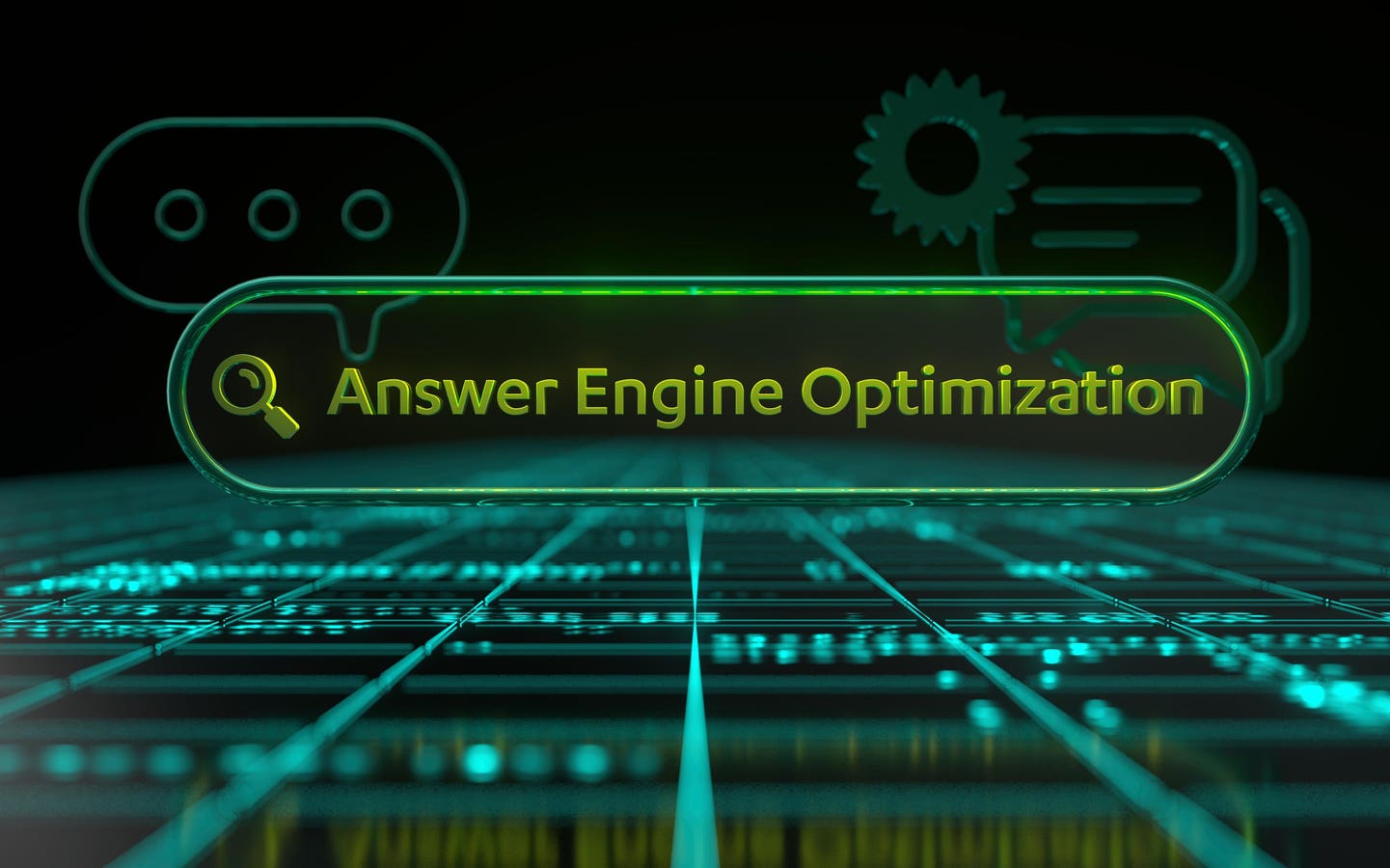As artificial intelligence (AI) reshapes the digital landscape, small businesses are faced with a significant shift in how consumers engage with online content. The emergence of Answer Engine Optimization (AEO) marks a transformative pivot from traditional search engine optimization (SEO) to a model that prioritizes being a recommended answer rather than merely a search result. Customers increasingly rely on tools like ChatGPT, Google AI, and Perplexity for immediate, curated answers to their queries, fundamentally changing how businesses must position themselves online.
In this evolving ecosystem, if a business fails to appear in an AI-generated recommendation list, it risks losing potential customers to competitors whose names are included. The focus has transitioned from ranking high on a list of search results to ensuring that businesses are recognized as credible sources by AI systems. This shift underscores the importance of “being the answer” over “being a result,” with a notable emphasis on conversational keywords and structured data.
Data from various surveys indicate that many small business owners are adapting to these changes by leveraging AI technologies to enhance marketing strategies and improve customer service. In essence, AI is not replacing entrepreneurs; rather, it is altering the dynamics of consumer discovery and engagement. As a result, small businesses must learn to align their content strategies with the new expectations set by AI search capabilities.
The operational mechanics of AI search differ significantly from traditional search engines. While conventional search engines crawl, index, and rank content, AI search engines like ChatGPT and Google SGE synthesize information to provide immediate answers. This creates a dilemma for small business owners; holding a top ranking in traditional search results does not guarantee visibility when AI compiles information from multiple sources to generate a response. Consequently, businesses need not be the leading authority on a topic to participate in the conversation; being a credible resource for a specific angle of a user’s query is sufficient.
To optimize for AI search, businesses should begin by restructuring their content to align with natural language queries. Writing in a question-and-answer format can enhance visibility, as AI tools favor straightforward, direct responses. For instance, an FAQ section that addresses common customer inquiries can serve as a valuable resource, making it easier for AI systems to reference the business when relevant questions arise.
Additionally, implementing schema markup is vital for helping AI interpret the content accurately. Utilizing structured data types such as FAQ schema, How-to schema, or Q&A Page schema can significantly improve the likelihood of being included in AI-generated answers. Free tools available today allow businesses to create schema markup without needing coding expertise, making this approach accessible to all sizes of enterprises.
Building authority beyond a business’s own website is another critical aspect of AEO. Online reviews from platforms such as Yelp and Google Reviews, along with community forum engagements, contribute to establishing credibility in AI’s assessment. Maintaining consistent information across various platforms enhances visibility and supports AI algorithms in recognizing a business’s trustworthiness.
Moreover, participating in relevant forums can bolster authority without overt self-promotion. Engaging in conversations on platforms like Reddit or LinkedIn, while answering questions thoroughly, can help businesses become recognized as experts in their fields. This grassroots approach can lead to citations that AI models, like ChatGPT, utilize to inform their responses.
Regional media coverage and mentions in trade publications can also significantly impact AI-driven visibility. AI tools do not weigh prestige in the same way humans do; thus, a reference in a local publication may enhance a business’s recognition in AI systems. Furthermore, diversifying content distribution is essential—transforming blog posts into videos or infographics can broaden the digital footprint, making it easier for AI to access and reference the information.
To start optimizing for AI search, businesses should establish an organized FAQ page and incorporate relevant schema markup. This simple task aligns with how AI systems discover and interpret new information. Reviewing existing content to include conversational terms and localized phrases can also enhance search visibility, positioning businesses favorably within AI search environments.
The necessity of monitoring performance and iterating on content is crucial as AEO is an ongoing endeavor. Regularly assessing how customers find businesses via AI search tools can yield insights that inform content updates, ensuring relevance in a continually evolving landscape. As AEO strategies develop, businesses that remain responsive to customer inquiries through AI will be better positioned to capture attention in a market increasingly dominated by AI-generated recommendations.
See also Trump Launches Genesis Mission Executive Order to Accelerate AI-Driven Scientific Breakthroughs
Trump Launches Genesis Mission Executive Order to Accelerate AI-Driven Scientific Breakthroughs Carney Advocates Carbon-Neutral AI Data Centers, Champions EU Carbon Pricing at G20 Summit
Carney Advocates Carbon-Neutral AI Data Centers, Champions EU Carbon Pricing at G20 Summit Microsoft’s Agentic AI Launch Achieves 10x ROI with 99% Payroll Audit Efficiency
Microsoft’s Agentic AI Launch Achieves 10x ROI with 99% Payroll Audit Efficiency Trump Launches ‘Genesis Mission’ to Harness AI for Scientific Breakthroughs and Economic Growth
Trump Launches ‘Genesis Mission’ to Harness AI for Scientific Breakthroughs and Economic Growth Global AI Regulations: EU Act and California Law Set 2025 Standards for Ethical Innovation
Global AI Regulations: EU Act and California Law Set 2025 Standards for Ethical Innovation



































































